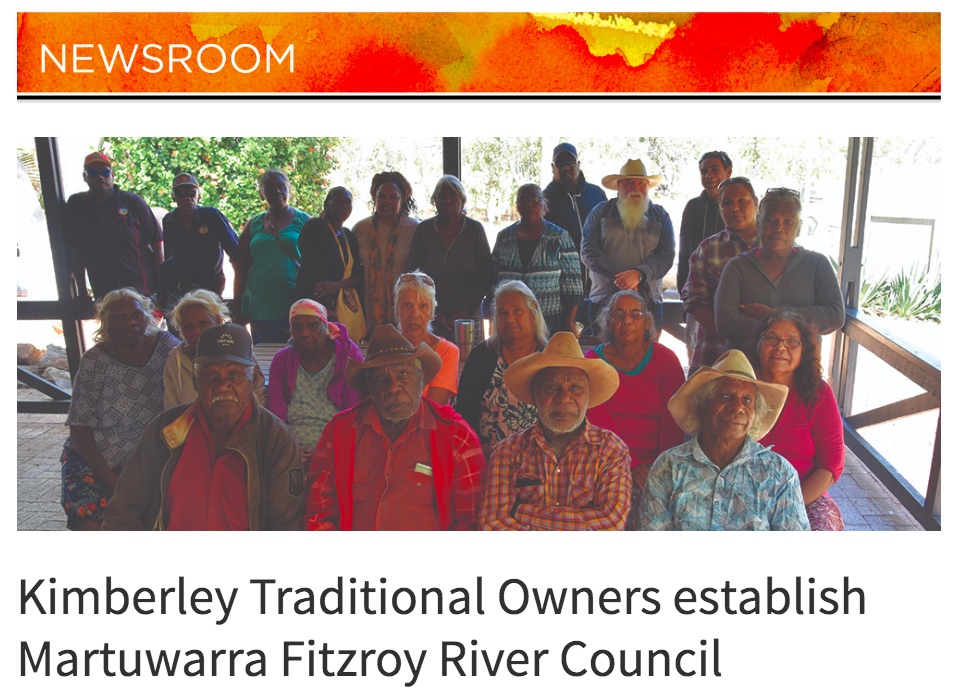Dr Anne Poelina
3rd July 2017 see International River Symposium website
Dr Anne Poelina
Posted at 09:35h in by DeeperLook.Support 0 Comments
Dr Anne Poelina is a Nyikina Warrwa (Indigenous Australian) woman from the remote Kimberley region of Western Australia. She holds a Master of Public Health and Tropical Medicine, Master of Education, Master of Arts (Indigenous Social Policy) and she is a Doctor of Philosophy. Dr Poelina is Managing Director of the Madjulla Association, Adjunct Senior Research Fellow University of Notre Dame, Adjunct Research Fellow Charles Darwin University, and Director of the Walalakoo Native Title Body Corporate and she is also a Peter Cullen Fellow.
Dr Poelina is completing a Doctor of Health Science investigating the cultural determinants of Indigenous health and wellbeing. Through her post-graduate studies in biophysical and social sciences and education, Anne incorporates a trans-disciplinary approach to sustainable life and sustainable development on her river country. Anne’s current cultural legal research is focused on protecting her sacred river, Mardoowarra’s Right to Life. Her work focuses on a brokerage model that builds relationships between academic, professional, government, business, industry and community partners through new culture, science and conservation economies for the common good.
Keynote presentation: Guardians of the Mardoowarra (Fitzroy River) (14 minute film)
On October 2016 in Brisbane at the Banco Courts together with friends of the Mardoowarra, Dr Poelina brought the case to the Tribunal to ask the citizens of the court to recognise the Mardoowarra as a living ancestral being with a right to life… like her sister the Whanganui River in New Zealand. The Whanganui River has stood strong, and with the help of her Indigenous guardians and the strength and wisdom of their legal and cultural governance, she has set international legal precedence across Mother Earth!
Following the Tribunal for Nature, Traditional Owners, Guardians of the Fitzroy River Catchment (in north-west WA), met on the 2nd and 3rd of November 2016 in Fitzroy Crossing on the banks of the river to send a message to the world, The Fitzroy River Declaration. The ‘Fitzroy River Declaration’ aims to protect the traditional and environmental values that underpin the river’s National Heritage Listing. The Fitzroy River Declaration 2016 sets a national standard for native title, as well as enshrining the UN Declaration on the Rights of Indigenous Peoples for self-determining our responsibilities as guardians of the Fitzroy River as being fundamental to the management of this globally unique river system. The Declaration sends a strong message to the Federal Government to endorse the EPBC Act (1999) draft Referral Guidelines for the West Kimberley National Heritage Places (2012) as the guiding principles for development within the Fitzroy Catchment.
More information and associated articles:
www.majala.com.au
Climate justice to broaden science with Indigenous Knowledge | Fitzroy River Declaration | BRIDGING No. 16: Managing Kimberley water now for the future | Blood Line Song Part 1 | BRIDGING No. 19: Building a new economy: Environmental Humanism
The International Riversymposium is managed by the International RiverFoundation, which works in partnerships around the world to facilitate the sustainable management of the world’s rivers.
Search for:
International RiverFoundation
Level 5, 179 Grey Street
South Brisbane 4101
Australia
Connect with us
p +61 7 3002 9062
e irs@riverfoundation.org.au
Stay in the loop for the International Riversymposium:
Riversymposium 2017 | Brisbane, Australia | 18 - 20 September












